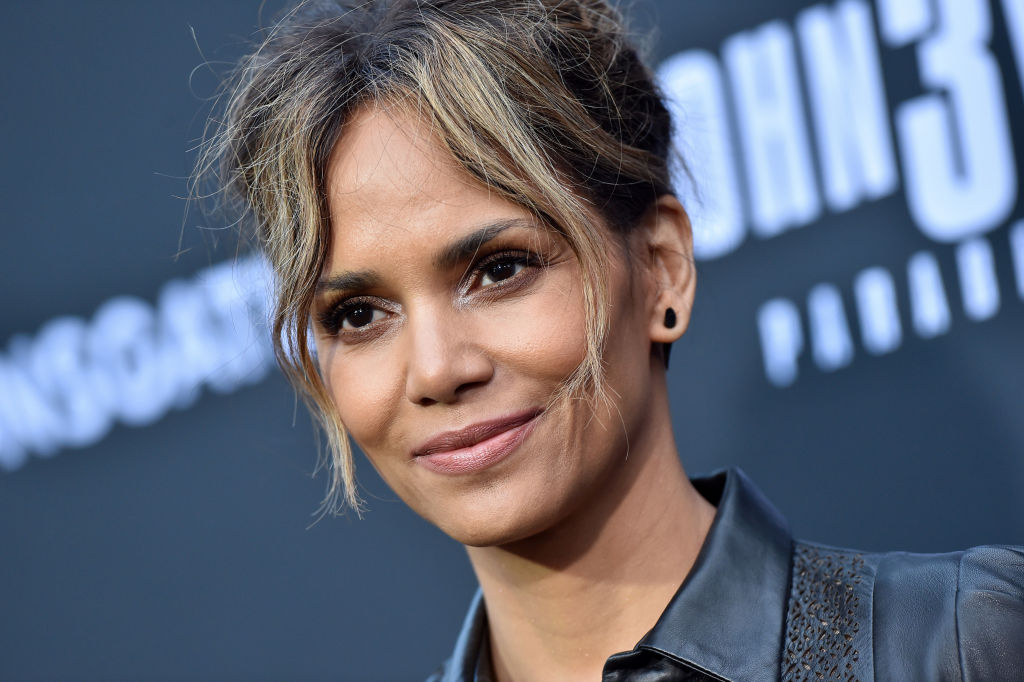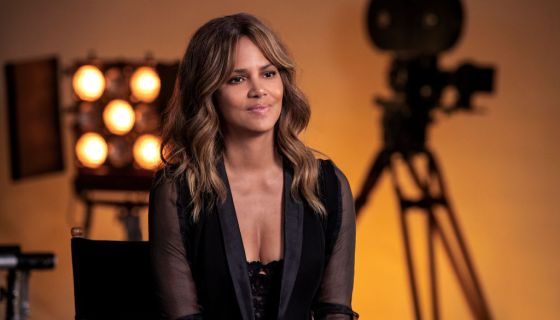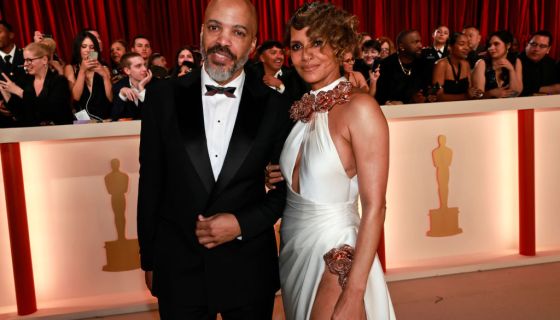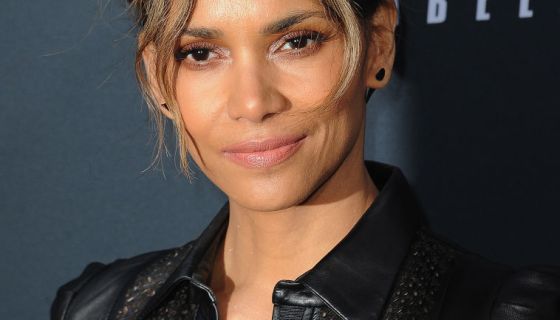
Source: Axelle/Bauer-Griffin / Getty
Last night during the premiere of PBS’s newest documentary, American Masters: How It Feels To Be Free, Halle Berry shared how seeing Black women in television and film as a Black child being raised by a white mother shaped her into the woman and actress she is today.
Based on the book How It Feels To Be Free: Black Women Entertainers and the Civil Rights Movement by Ruth Feldstein, PBS’s documentary aimed to highlight how the careers of six Black women entertainers, Lena Horne, Abbey Lincoln, Nina Simone, Diahann Carroll, Cicely Tyson, and Pam Grier, intersected and were influenced by the social justice causes the women chose to be activists for. To transform the book into a documentary for PBS, the project has Alicia Keys as an executive producer and Yoruba Richen, the filmmaker behind The Killing of Breonna Taylor, as director.
Berry, who was one of the stars chosen to share how the work of the “groundbreaking” six had affected her own life and career as a Black female actress, said that for her as a young woman, seeing the representation of Black women on both the big and small screen really gave her something to relate to and aim for.
“Growing up,” Berry began, “I really struggled to find images of Black women or women that I could identify with. Early on, I remember seeing Lena Horne in Stormy Weather. I remember seeing Dorothy Dandridge in Carmen Jones. And then a little after that, I remember seeing Diahann Carroll in Julia and that just ‘rearranged’ me.”
Speaking on Carroll’s role in the TV series Julia, Berry said seeing the acting legend as the star of the show and as such a flattering character really gave her something to look up to. It also provided representation for her as a young Black girl being raised by a white mother.
“Seeing Diahann Carroll being the star of a show and playing a mother who was a nurse, who was educated, who was beautiful, just rearranged me,” she shared. “It made me realize I had value and I could turn to every week, a woman that looked like who I would aspire to be when I grew up and it was very, very important. Especially because my mother was white.”
Giving more context on how growing up without getting to be among many Black women influenced the types of representation she had, Berry simply doubled down on how important seeing Black women in television and movies was for her.
“I was a Black child being raised by a white woman, so I didn’t have those images in my household. Finding them on television and through movies became very, very crucial to me,” she said.
As an influential actress in her own right, Berry has been able to “carry the torch” of the Black women entertainers who inspired her as a child. As the first African-American woman to win an Oscar for Best Actress back in 2001, with an acting career that spans almost three decades, and a directorial debut on the way, it’s safe to say Berry is shaping the aspirations of young viewers who need to see Black female representation in Hollywood, just like she did.












